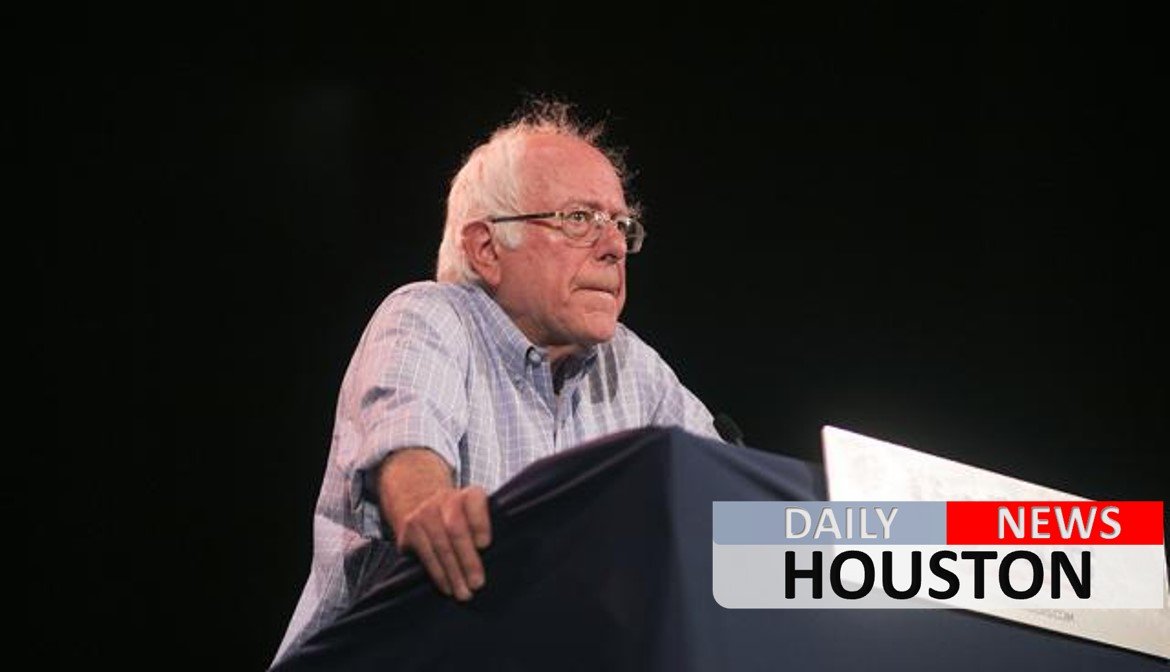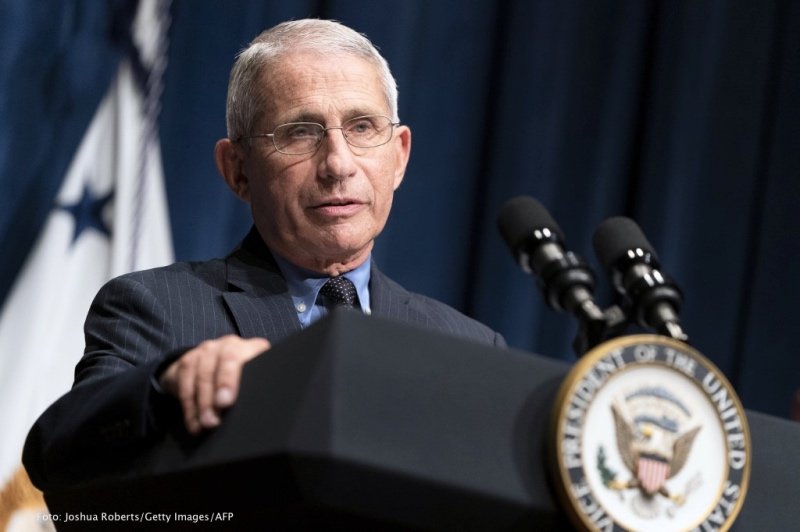Sen. Bernie Sanders’ (I-Vt.) Medicare for all plan has become a key test for Democrats with 2020 presidential ambitions.
Sanders, who energized liberals with his improbable run at the White House last year, is poised to introduce a long-awaited single-payer bill when Congress returns to Washington this month. The liberal icon insists it’s not a litmus test for the Democrats, but he’s actively seeking endorsements. Outside liberal groups are watching closely, with some hinging their own endorsements on a candidate’s support for the Sanders health-care model.
Sen. Kamala Harris (D-Calif.), who’s said to be eying a 2020 run, threw her weight behind Sanders’s bill this week, highlighting the sense that potential candidates want to get on the right side of their base –– and do it early.
The issue poses a dilemma for both Democratic leaders and presidential hopefuls, who are walking a fine line between appeasing their liberal supporters without alienating the more conservative-leaning voters they’ll need to win back power in the House, the Senate and the White House.
Spokesmen for several Democrats with possible presidential ambitions, including Sen. Amy Klobuchar (Minn.), New York Gov. Andrew Cuomo and Virginia Gov. Terry McAuliffe, did not respond to a request for comment on their stance on single-payer.
Sens. Chris Murphy (D-Conn.), Kirsten Gillibrand (D-N.Y.) and Sherrod Brown (D-Ohio), all potential White House contenders who have voiced support for single payer in the past, haven’t said if they’ll endorse Sanders’s bill. Their offices were also silent this week.
A spokeswoman for Sen. Cory Booker (D-N.J.), another possible candidate, referred to Booker’s interview with Vox in April. He said then that “I believe, ultimately, in ideas like single payer or Medicare for all,” while adding that “I don’t know how we get it done in this environment.”
They will face no lack of pressure to try, as liberal groups are already pushing for candidates to get on board.
Nina Turner, president of Our Revolution, a group launched by Sanders after his presidential bid, rejected the idea that support for Medicare for all is a “litmus test” but emphasized that a candidate’s support for single payer will be crucial in earning the group’s backing.
“I don’t want to frame it as a litmus test. It’s a value proposition: Either you value the lives of the American people or you don’t,” she said.
“Their constituents are certainly going to put the pressure on them,” she added.
Zeynab Day, spokeswoman for Brand New Congress, another liberal group supporting a Medicare-for-all platform, echoed that sentiment.
“It’s the core of our platform right now,” she said Friday.
Day acknowledged a “stigma” associated with single payer, but said it’s based “on certain types of misinformation” that groups like hers aim to correct.
The push arrives as Democrats are still licking their wounds from a brutal 2016 cycle in which the Republicans won control of all levers of power in Washington.
Hoping to reverse their fortunes, the Democrats launched a 2018 messaging agenda, dubbed the “Better Deal,” that aims to make inroads with the working class voters that propelled President Trump into the White House. Focused heavily on the economy, it does not mention health care.
Sanders and his supporters think that’s a mistake, arguing that the Democrats can win if they only fight harder for their liberal ideals. On Friday, Sanders blasted out a fundraising email vowing to redouble his efforts for single payer.
“There will be rallies, buttons, bumper stickers, shirts and most importantly people organizing in their communities across the country,” the email reads. “This is not going to be a quick or easy fight.”
Sanders told The Washington Post last month that single-payer is not a litmus test, but noted that it would be hard for Democrats to run for president without supporting it.
“Is this a litmus test? No, you have to look at where candidates are on many issues,” said Sanders.
“Could people run? Sure,” Sanders added. “Do I think they can win without supporting single-payer? I’m skeptical.”
A single-payer bill from Rep. John Conyers (D-Mich.) in the House, which is a companion to Sanders’s measure, has 117 cosponsors, more than in any of the previous years it was introduced.
Republicans, meanwhile, are eager to use single payer as a weapon against Democrats, in both 2018 and 2020. The Republican National Committee (RNC) is already laying plans to run ads, targeting not only 2020 hopefuls, but also vulnerable congressional Democrats in 2018.
The Republicans are framing single payer as a government takeover of the health-care system that will erode patients’ choice of doctors and create waiting lists for care.
Citing a recent Urban Institute estimate that put the price tag for single payer at a whopping $32 trillion, they’re also wondering why Democrats aren’t facing more pressure to get the Congressional Budget Office to score their single-payer bills.
“If this is the rallying cry of the left, they should have to say how they’re going to pay for this,” a GOP aide said Friday.
Sanders has also had to contend with the health-care debate in his home state of Vermont, where the governor pulled a state-level effort to enact single-payer in 2014 after concluding it was not financially feasible.
Recognizing the political risks, House Minority Leader Nancy Pelosi (D-Calif.), a long-time single-payer supporter, has rejected the notion of making the issue a part of the party’s platform. Like many Democrats, she’s focused on improving the Affordable Care Act instead.
Licy DoCanto, head of The DoCanto Group, a public policy consulting firm, said “there’s no question that there’s pressure and there will continue to be pressure” on Democrats to back single payer.
But he warned that it would be “a terrible mistake” for Democrats to promise single payer on the campaign trail, given the enormous headwinds facing them as they tried to follow through.
“The Democrats shouldn’t allow themselves to be boxed into a rhetorical corner, that then becomes a substantive corner,” he said, noting how Republicans are now struggling to explain their failure to repeal ObamaCare.
“It was easier, rhetorically to talk about it than to, policy-wise, make it happen,” he said. “Clearly that got Republican candidates in trouble.”









